It is easy to get wrapped up in our identity, and the story of our life. Identity cuts to the core of who we are, so naturally we are extra concerned about it. In reality, our identity is more of a social construct than we think. Lisa Feldman Barrett, a leading psychologist studying emotion, has conducted research on emotions and discovered that they are largely societal constructs. We have a lot more control over our emotions than we may naturally believe. Barrett contends that in the same way emotions are socially constructed, so is our sense of identity. So how are emotion and identity related? Intense emotions, like shame or guilt, serve as regulators for your sense of identity. These negative emotions can be very debilitating and it is important to prevent them from controlling your entire sense of self. If you are able to improve your emotional intelligence, you will better be able to reframe your own personal sense of identity.
Rather than thinking of our identity as a stone that nothing can change, think of it as clay that is constantly being molded by the hands of society every second of every day. In the same way that we construct our emotions, we are constantly creating our identity. This concept is not entirely brand new, either. Buddhists have long believed that the concept of identity is solely a construct and one of the greatest sources of suffering. They assert that when you give in to worldly pleasures, and even feelings like pride, you treat your fictional self as real (reifying the self) which causes suffering. For example, if you were to want a five story mansion, it might please you in the moment but eventually, it would cause continual suffering. Barrett’s research is consistent with the Buddhist view that your sense of self is more of a social reality rather than enduring traits. You cannot have an identity if you exist in a vacuum. You need external social influences. Famous psychologist, Lev Vygotsky, said it best when he claimed that “through others, we become ourselves.”
If we think again about our identity as a ball of clay, we can generate various concepts associated with the clay. Some clay might be brown, some green, other clay might have little lumps in it, and so on. We can transform how we shape ourselves based on the context of the situation. In some situations you may need to be a parent and in others you may need the supervisor of a team. We can mold our sense of identity to match the social situation we are in. So then how do we maintain all of these different versions of ourselves? The one constant throughout all of this is that everything in the world is in relation to our body. Barrett says that, “every concept you have ever learned includes the state of your body (as interoceptive predictions) at the time of learning.” We generate our sense of self based on our body’s interoception, or felt sense, when we learned something new. So what does all of this mean? It means that we can very easily change our “self” through deconstruction. If we can construct our sense of identity, then logically we can deconstruct it as well.
What to do if you experience emotional overwhelm?
Below are some tips on how to deconstruct your identity:
- Put things in perspective. Sometimes it feels like our world is ending. Next time you feel sheer panic or are riddled with anxiety, ask yourself if there is truly an imminent danger to your life or if you are experiencing an identity threat in that moment. You can recategorize those cold sweats and rapidly beating heart into purely physical sensations rather than viewing them as stress and panic.
- It’s not personal. We need to work on remembering that we are not the center of the universe. If you remember that the concept of a person is simply an idea, not an objective reality, then nothing really is personal. This can be helpful if you find yourself taking offense to things easily. Remember that your perceptions of other people’s actions are simply guesses. You can see someone frown in your direction and take it as a sign they hate you, or you can consider the fact that they might have been thinking about what to make for dinner, or remembering an argument with their significant other. There, however, an important caveat here. Some things are personal. If someone is constantly disrespecting you or treating you poorly, then that is personal and should be addressed. If you are having to battle systemic racism and oppression, that is personal and should be addressed. This is important to keep in mind.
- Meditate. We have all heard about meditation and mindfulness by now. Research has shown mediation to have an effect on the interoceptive networks of the brain. Mindfulness meditation specifically teaches you to pay close attention to the present in a non-judgemental manner. You work on experiencing the world and then letting go. This is a way to reconstruct your reality and focus solely on the physical. In doing deep observation, you begin to realize that thoughts and feelings occur without your conscious effort. If it’s not you doing the thinking and feeling, then how can you take things personally?
If you liked these tips and tricks on how to reframe your own identity, contact Greg Murray at greg@adaptiveedgecoaching.com for a consultation!

